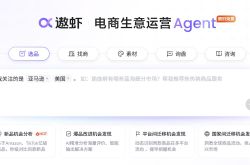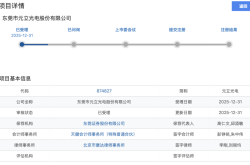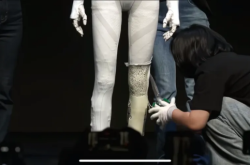He, the Ruthless Man Behind the World's Richest Person!
![]() 06/14 2024
06/14 2024
![]() 648
648
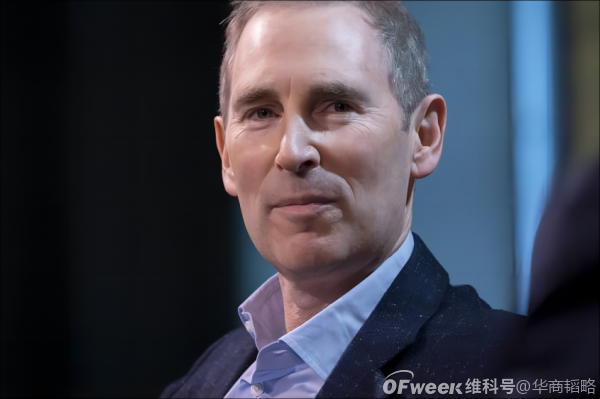
Behind the world's richest person stands another ruthless figure.
If this is a miracle, then—
Hitting the boss's bald head,
Is the beginning of that miracle.
【Behind the Richest Person】
According to the Bloomberg Billionaires Index: On June 12, Amazon founder Jeff Bezos surpassed French luxury goods giant LVMH's boss Bernard Arnault (worth $205 billion) and Tesla CEO Elon Musk (worth $198 billion) to reclaim the title of the world's richest person with a net worth of $210 billion.
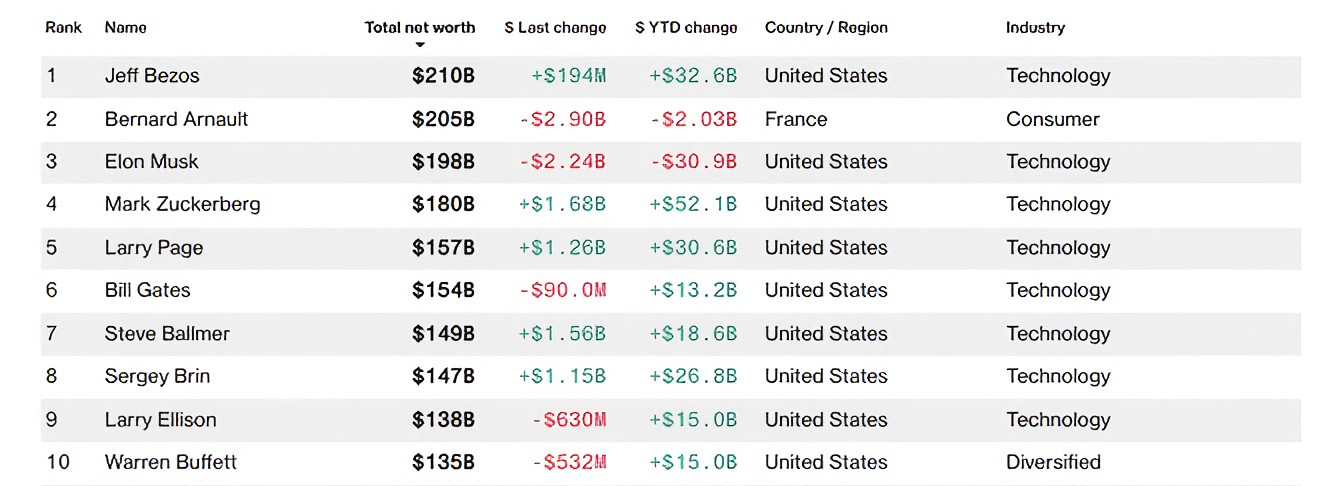
If we consider this figure as a country's GDP, it would surpass Algeria's GDP ($195 billion) and rank 54th on the global GDP list in 2023.
Truly, his wealth rivals that of a nation.
This is also the long-awaited "revenge" of Bezos, who has faced setbacks in recent years. His key strength stems from Amazon's soaring performance.
Amazon's 2024 Q1 financial report showed that the company achieved total revenue of $143.3 billion, an increase of 12.53%; net income attributable to shareholders reached $10.431 billion, a year-on-year increase of 228.85%.
For the entire 2023 fiscal year, Amazon's net income attributable to ordinary shareholders reached $30.425 billion, a staggering increase of 1217.74%.
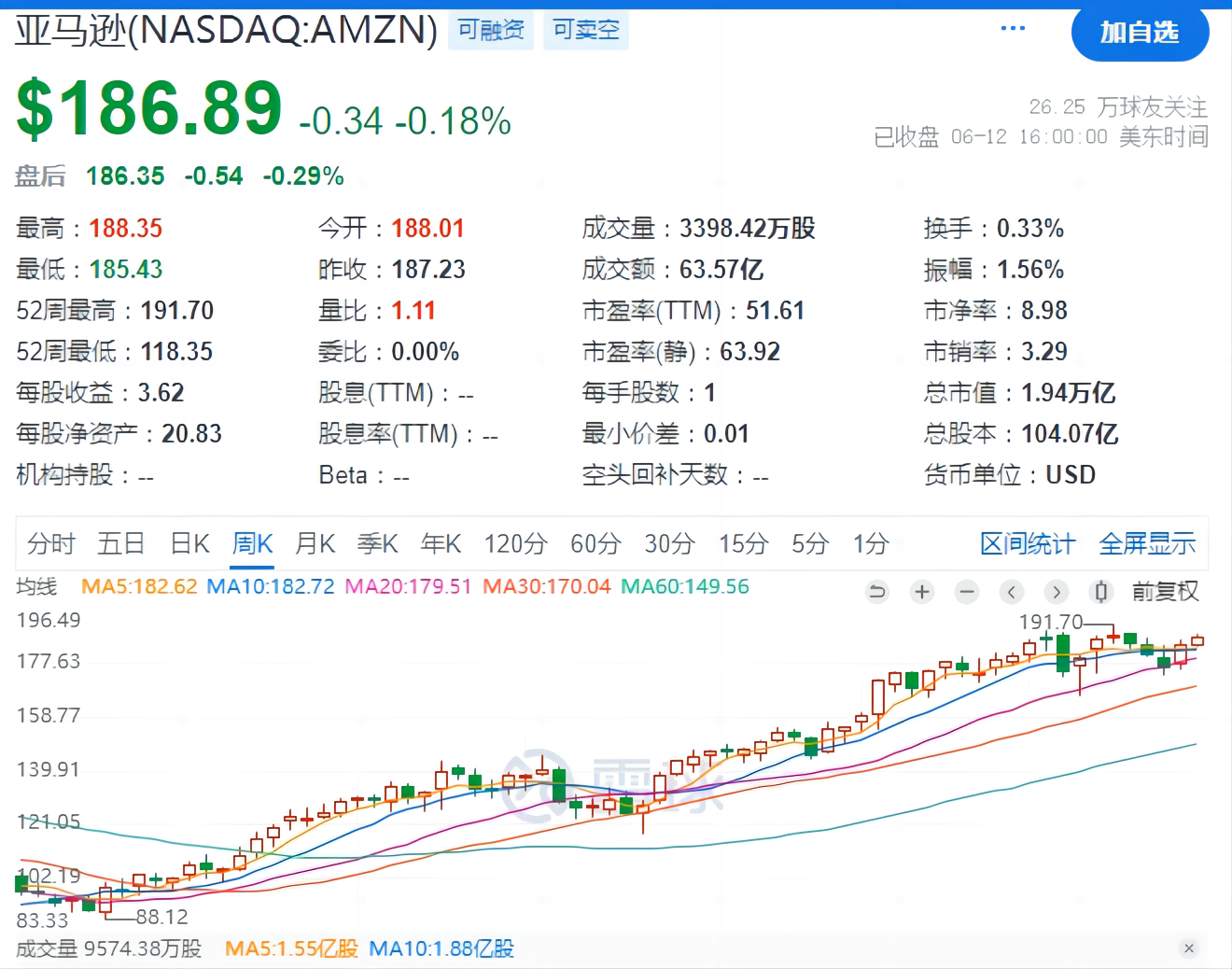
This has led to a continuous rebound in Amazon's once-beleaguered stock price, hitting a record high of $191.7 per share in May this year, with a total market value exceeding $1.9 trillion.
In many people's memories, Amazon, the world's largest "store for everything," is still led by Bezos. But in reality, he stepped down from the CEO position in 2021, and his biggest connection with Amazon now is – frantically cashing out on his stocks.
According to SEC filings, Bezos has sold a cumulative 50 million shares of Amazon this year, cashing out over $8.5 billion, taking advantage of the company's robust performance.
The man who truly propelled Bezos to the top of the world's richest list and contributed significantly to Amazon's soaring performance is Andy Jassy, the empire's CEO and the so-called "Shadow of Bezos".
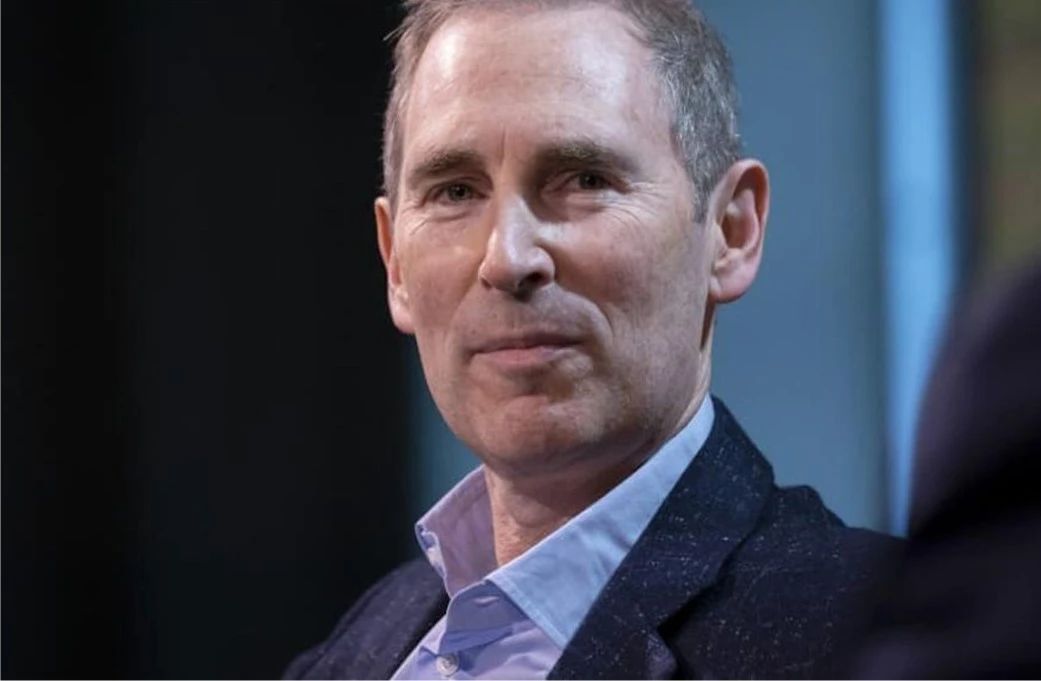
▲Amazon CEO Andy Jassy
【The Shadow of Bezos】
Born in New York in 1968, Jassy graduated from Harvard University in 1990 and obtained his MBA from Harvard Business School in 1997, after which he joined Amazon.
In his first year at Amazon, he "stood out" among a group of highly skilled individuals:
During a noisy "broomball" game, as a new Amazon employee, he accidentally hit Bezos's bald head hard with a kayak paddle.
This first impression was not pleasant, but it left a lasting impression on the future richest person.
Later, as Amazon frantically laid off employees to avoid bankruptcy, Jassy almost got the boot. Bezos, who still vividly remembered that hit, kept him.
After that, Jassy, who had more interactions with Bezos, embarked on his journey of success.
In 2002, Jassy was appointed Bezos's "Technical Assistant," ostensibly serving as Bezos's advisor, staff member, and partner. However, due to Bezos's fiery temper, this position became synonymous with being a "punching bag" for the boss.
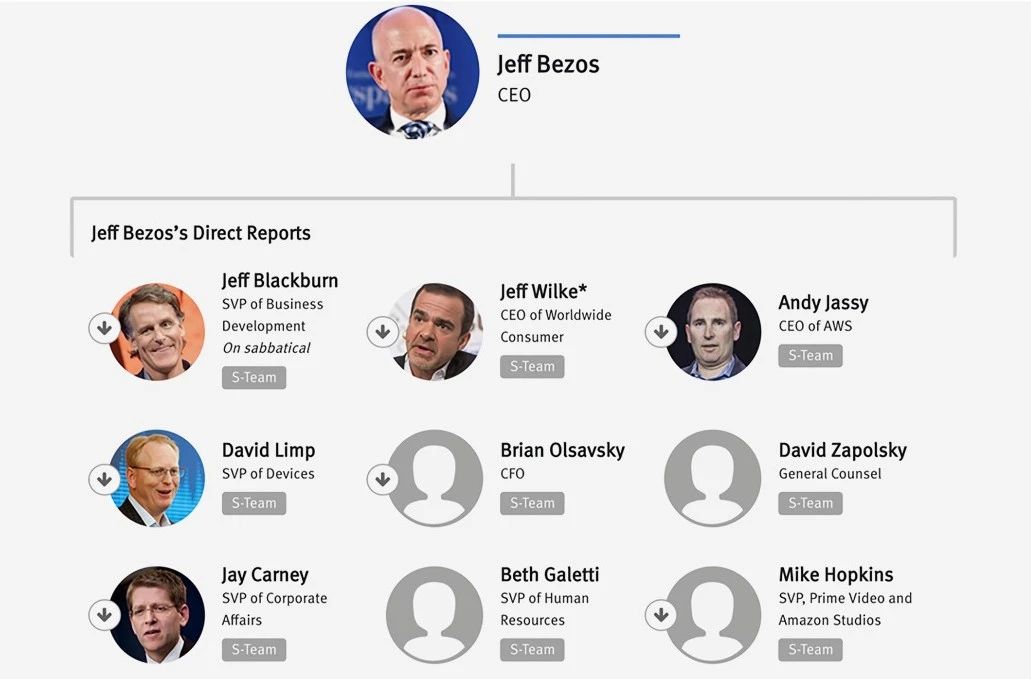
▲The "S-Team" that directly reports to Bezos
But Jassy thrived in this environment, doing excellent work. The core principle was –
Closely following Bezos's footsteps and thoughts, striving to learn from and align with him.
He followed Bezos everywhere, attending almost all the meetings Bezos participated in. He observed how Bezos worked, asked questions, and led, learning Bezos's thinking logic and forming his own thoughts and logic.
Eventually, he could even anticipate what questions Bezos would raise and how to solve them...
In the end, Jassy became the true "strategic think tank" and "Shadow of Bezos".
In 2003, Jassy got a chance to work independently, strictly speaking, he created an opportunity for himself.
At that time, Jassy noticed that Amazon's programmers were "reinventing the wheel" when developing programs and sharing data, resulting in low efficiency. Amazon's cloud storage could easily solve these problems.
Furthermore, he believed that the cloud market had tremendous potential in the future.
Therefore, he proposed at a senior management meeting that the company should expand its cloud storage and enter the cloud computing market.
At that time, Amazon's e-commerce business had just become profitable, and cloud computing seemed somewhat "irrelevant." There was fierce debate between the two factions, with some directly accusing Jassy of "not understanding technology." However, Jassy rebutted by saying that he "understood customers best" – a sentiment similar to Jack Ma's decision to enter the cloud market despite not being a technologist.
After listening to both sides, Bezos made a snap decision, giving Jassy a team of 57 people and letting him have free rein.
This might be the most correct decision Bezos has made besides founding Amazon. Because this gamble gave birth to an unstoppable super-business – Amazon Web Services (AWS).
How important is AWS to Amazon?
In 2020, AWS revenue reached $45.37 billion, accounting for 63% of Amazon's total profits, supporting a significant portion of the company.
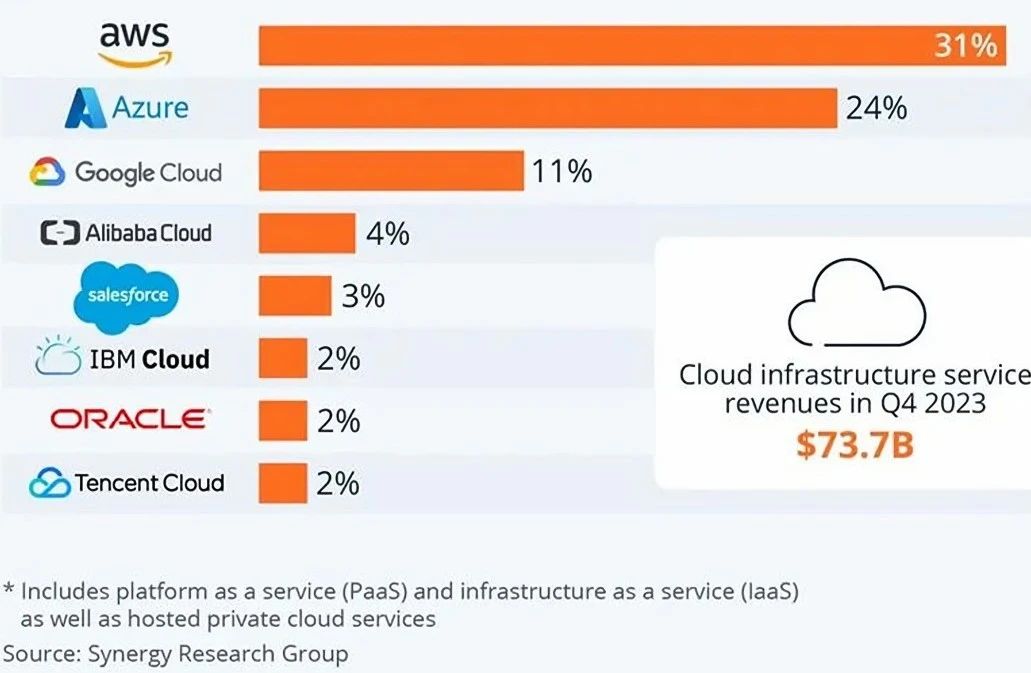
In 2023, AWS still dominated 31% of the market share, surpassing Microsoft and Google to remain the global leader; its sales even reached $90.8 billion, a backbone of Amazon's soaring performance.
Throughout the entire process of developing from a 57-person team into a global cloud business giant, Jassy played a pivotal role.
Bezos's management style is characterized by harsh words and actions. For example, if an employee fails to complete a task well, he would criticize them harshly and say something like:
"If I hear such words again, I might as well commit suicide!"
Jassy, on the other hand, is "not harsh with words" but "extremely harsh with actions." He acts decisively and never drags his feet.
Jassy's work meetings are internally referred to as "Chop meetings," where only problems are solved, and there is hardly any wasted talk. If he finds that what you're saying is not helpful in solving the problem, he will smile and directly ask the employee to shut up, never giving them another chance to speak.
This forces everyone working with him to become experts at getting straight to the point, analyzing and solving problems precisely and efficiently.
Jassy is equally ruthless towards competitors.
In 2013, to compete with rivals, he directly slashed the service prices of some AWS products by 80%.
This move almost encountered widespread resistance and opposition from everyone, but opposition was ineffective, and they had no choice but to follow his lead.
Facts proved that he had made the right bet.
The price reduction not only brought in a massive number of customers, making them more疯狂地使用和依赖AWS, but also compressed rivals' profits to the limit, hindering their progress. More and more large companies, such as Netflix, spend billions of dollars annually on AWS, together defending its position.
Moreover, it not only benefits customers but also cultivates the market.
In 2018, using AWS cloud resources, the US-based Descartes Labs built a "supercomputer" for just $5,000, ranking 136th on the 2019 Global Supercomputer List.
It is precisely under the continuous strengthening of these customers' applications that the global cloud market has grown rapidly.
It is also thanks to AWS's undisputed stellar performance that when Bezos decided to step down in 2021, Jassy undisputedly became the successor of the Amazon empire.
However, at that time, Jassy inherited more of a siege situation.
【Super Retrograde】
In July 2022, on the one-year anniversary of Jassy taking over Amazon, the company was hit hard by a "super retrograde."
Over the course of a year, Amazon's stock price plummeted 46% from its peak, marking the largest decline in nearly 20 years, with a market value evaporation of over $600 billion.
Behind this was a series of unexpected internal and external troubles.
The ongoing global pandemic, record-breaking US inflation, intermittent supply chains, slowing consumer spending, and other issues were major headaches for Jassy but were beyond his control.
At the same time, antitrust investigations also made Amazon a target.
In July 2021 alone, there were 12 antitrust investigations, with the US House of Representatives, Washington, D.C., the European Union, and others all taking action, imposing fines of hundreds of millions or even billions of dollars.
With dark clouds gathering outside, there were also rumors and unrest inside.
Shortly after Jassy took over, more than 50 Amazon executives collectively resigned due to dissatisfaction with "low salaries," sparking a personnel storm.
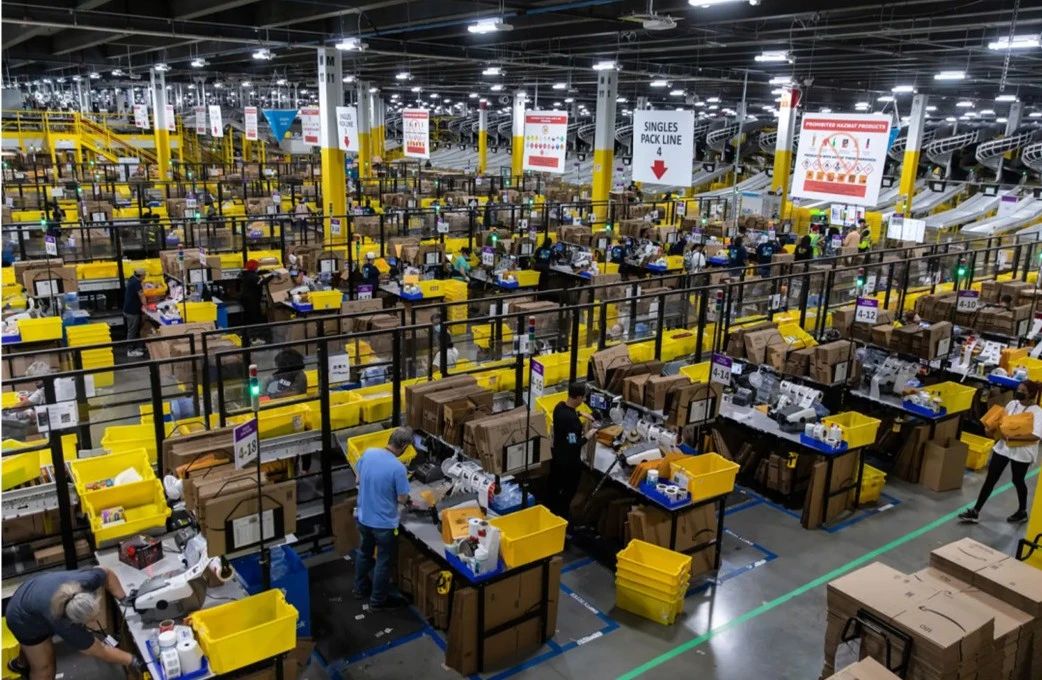
In addition to resignations, there was also the pressure of layoffs.
Before Bezos left, he aggressively expanded recruitment due to the pandemic-driven online boom. However, once the boom subsided, these employees became excess capacity and overhead costs for Jassy.
The aftermath of blind expansion gradually emerged, and the intense labor union movement further unsettled the situation.
Even Amazon's pride in cloud computing was "stolen" by rivals.
For example, Walmart and Target, due to their direct competition with Amazon in the retail sector, turned to Microsoft and Google. When Amazon ventured into healthcare, pharmaceutical giant GlaxoSmithKline quickly abandoned AWS.
The most devastating blow came from Amazon's investment in the "Tesla rival" Rivian electric vehicles. In 2022, this investment alone led to a massive loss of $12.7 billion for Amazon, dragging down the company's net loss for that year to $2.7 billion.
...
Landmines were everywhere, and even Amazon's internal executives were wondering:
Would Jassy, who already earned a salary of $210 million in 2021, choose to保守地修补维持局面, or would he go all out and lead Amazon on a counterattack?
【Ruthless Blade】
Jassy's choice was, of course, to go all out.
If we say that "a new official sets three fires," then his rescue plan can be described as "burning Amazon."
He laid off employees in droves like a killer: In 2022, Jassy wielded the "cleaver" and laid off over 100,000 people in a bloody frenzy.
While other companies only cut into the "main arteries," Jassy directly chopped off the "brain" – even hot departments like Alexa AI were uprooted.
This massive "massacre" continued into 2023; in March of that year, Amazon announced layoffs of over 9,000 people, basically eliminating all deadweight employees from the big company.
Regarding this, Jassy issued a statement devoid of emotion: "Due to economic uncertainty, we have chosen to further streamline the company's costs and headcount."
While reorganizing personnel, Jassy also made drastic changes to the business.
He vowed to create an ultimate business ecosystem, going after platform sellers engaging in fraud and fake reviews globally, including many Chinese "problematic" sellers, who were left howling in frustration, asking, "Is Amazon stupid for not making money?"
Before the room was completely cleaned up, he went on a crazy promotional spree:
In 2022, Amazon held its annual "Prime Day" (equivalent to "6·18"), but Jassy was still not satisfied.
So, he did it again.
The "Prime Early Access Sale" (equivalent to "11·11") followed suit.
Not content with just doing it himself, he also reached advertising cooperation agreements with Facebook, Instagram, Snapchat, and others, allowing users to check out directly on these platforms without jumping through hoops, greatly reducing the shopping process.
With these moves, Amazon's attractiveness and sales power increased, and he began wielding the "cleaver" at platform sellers, significantly increasing platform commissions. Although platform merchants complained, they had no choice but to accept it, as Amazon is the world's largest e-commerce company and controls the direction of the tide.
With this combination of strategies, Amazon's e-commerce business also saw a surge in performance in the fourth quarter of the 2023 fiscal year. Among them, net sales of advertising services reached $14.654 billion, a whopping 27% increase, making it the fastest-growing segment; online store net sales were $70.543 billion, a significant contribution.
But these may not be the key reasons why Jassy made Amazon regain Wall Street's favor. More importantly, while consolidating its stronghold, he also built an ark for Amazon's future.
On March 5, Anthropic released Claude3, claiming to have comprehensively surpassed ChatGPT-4.
And the major financial backer behind Anthropic is none other than Amazon.
In 2023 alone, the "butcher" Jassy invested a whopping $4 billion in Anthropic, silently competing with OpenAI and Microsoft for dominance in the future of generative AI.
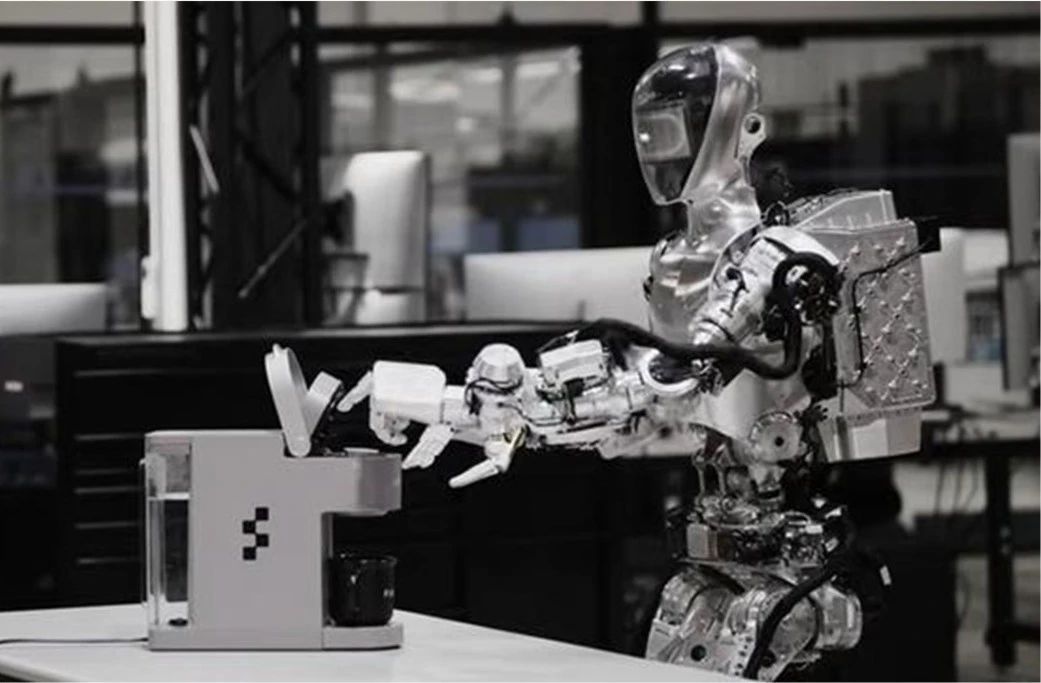
In addition, Amazon also strongly invested in the humanoid robotics company Figure AI, whose robots are so powerful that they can learn to make coffee just by watching human demonstration videos, rivaling Musk's robots.
This gives Amazon a new space and imagination beyond the cloud, positioning it to lead the next wave.
For Chinese entrepreneurs, the key takeaway from Jassy's story perhaps lies in the succession and inheritance of a company.
Moreover, not just Jassy, Tim Cook led Apple to achieve a $3 trillion legend; Satya Nadella steered Microsoft back to the top of global market capitalization...
We often prefer the entrepreneurial stories and spirits of founders like Jobs, Musk, Bezos, and Bill Gates. However, their successions and the people and things they passed down are equally valuable.



